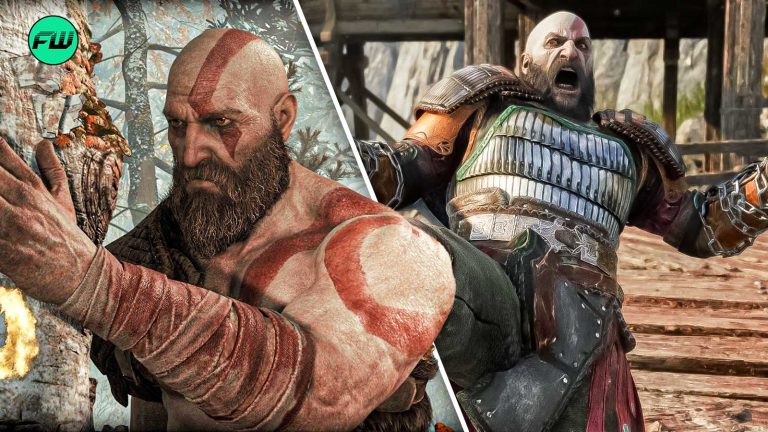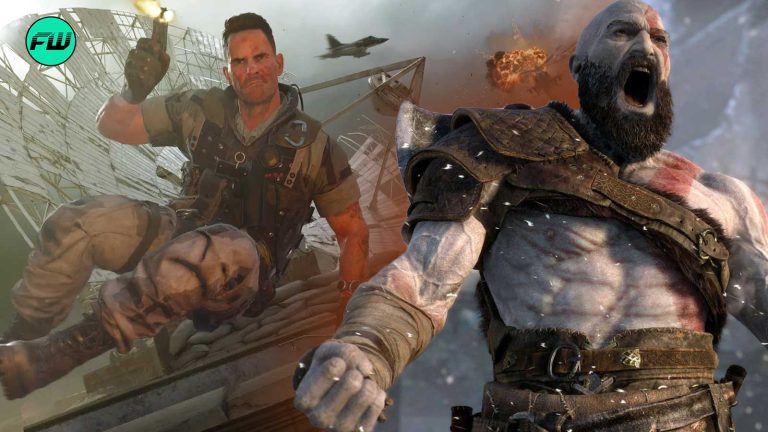“It’s a great concept”: God of War’s Most Controversial Change Came Out of Cory Barlog’s Own Life Experience
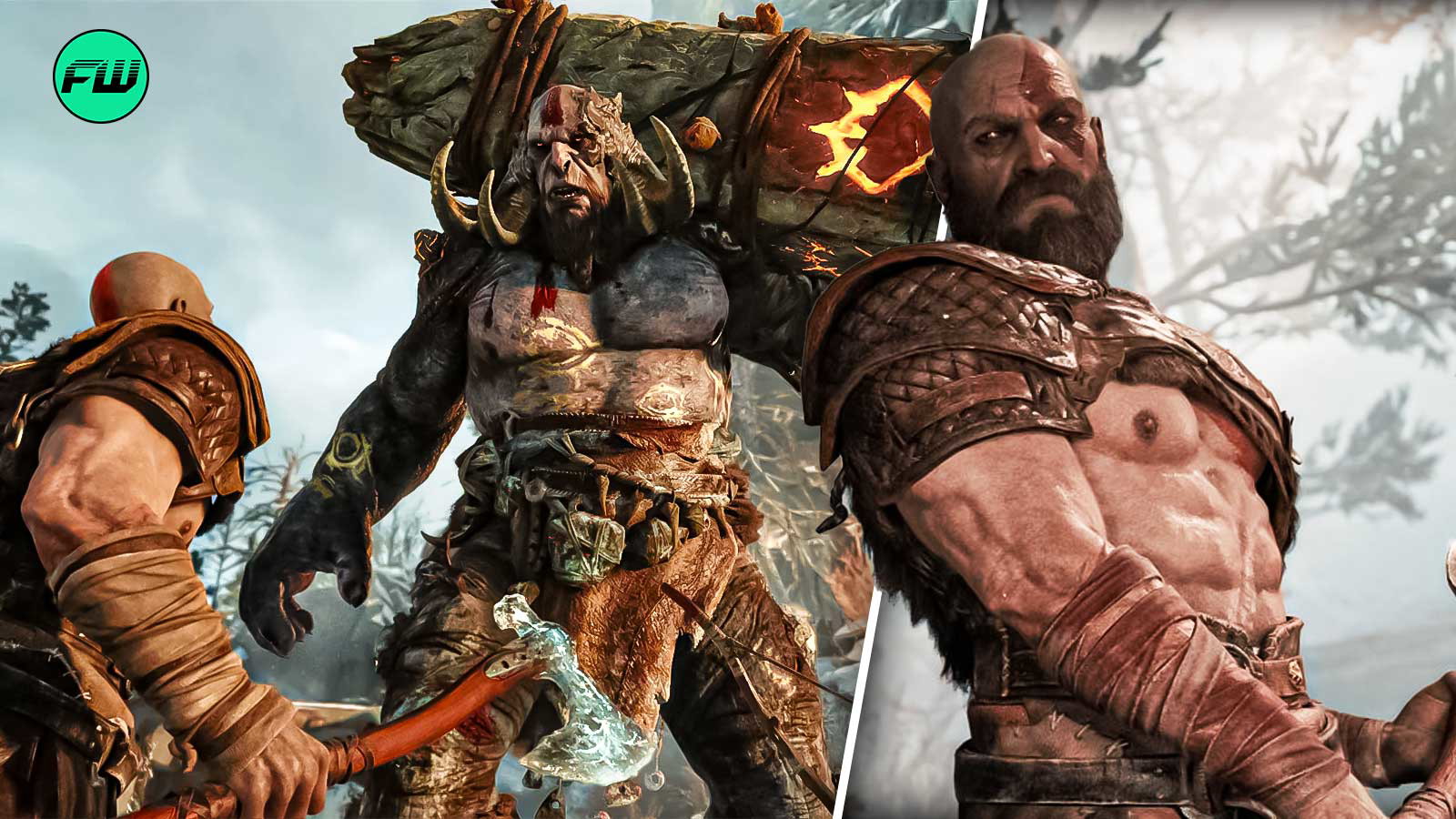
God of War (2018) marked a major turning point for the iconic franchise, both in terms of gameplay and narrative. While the series had always been defined by its action-packed combat and Kratos’ unwavering thirst for vengeance, the 2018 reboot presented players with a bold and unexpected departure from these roots.
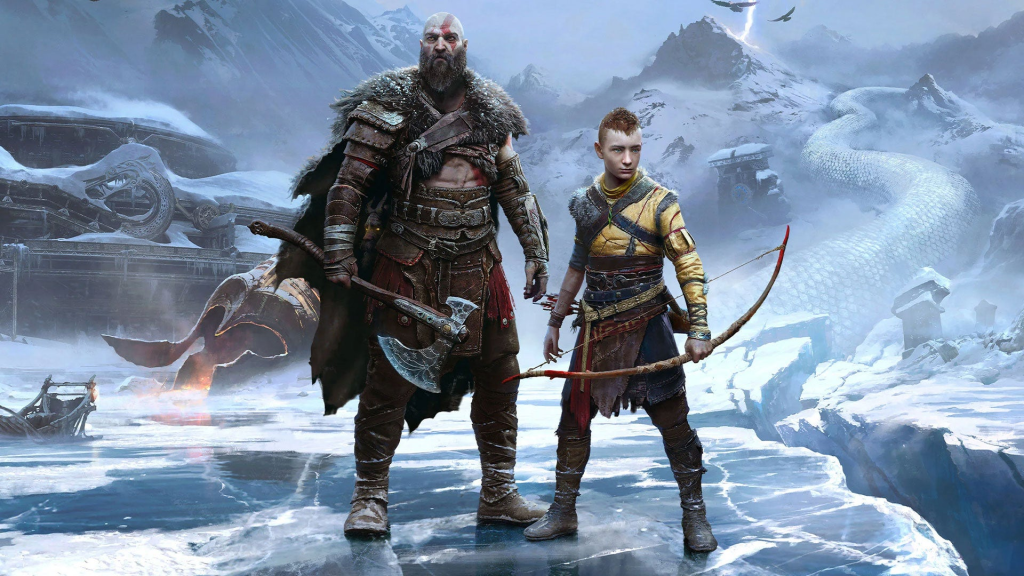
Kratos, once a rage-fueled anti-hero, was now portrayed as a father struggling to connect with his young son, Atreus. This dramatic shift created a backlash, dividing fans. The decision came directly from creative director, Cory Barlog, and was inspired by his own personal life experience.
Cory Barlog’s personal journey shaped God of War (2018)
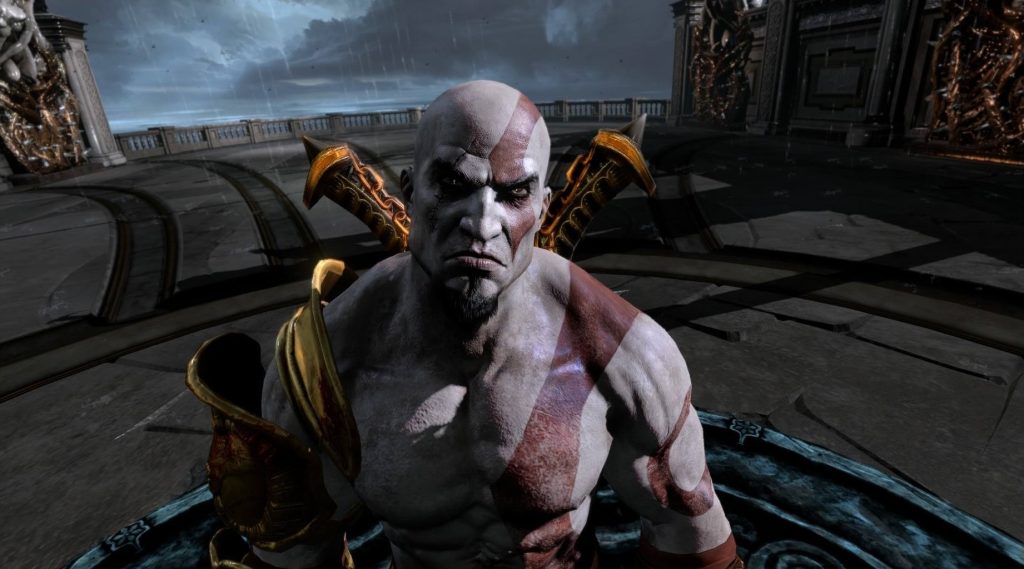
In an interview with The Guardian, Cory Barlog shared some insights on his decision to reshape Kratos. He explained that the new direction for the character was deeply influenced by his own life experiences, particularly his transition into fatherhood.
When the work on God of War (2018) began, Barlog had recently become a father to his son, Helo. As he navigated the challenges and emotional complexities of parenting, he began to rethink his approach to storytelling, particularly with Kratos, a character he had been working on since 2003.
Barlog explained that he quickly realized that life doesn’t always go according to plan. This sudden realization resonated deeply with the character of Kratos, who, despite his immense power, was equally uncertain about how to raise his son. He said:
You can’t plan these things. Kratos also thinks he knows what he wants, but he’s not really sure how to do it. It’s a great concept, the character who doesn’t really know how to deal with something.
Barlog wanted to grab this opportunity and explore themes of responsibility and emotional growth, something that was missing from Kratos’ earlier appearances as well. This shift made the character more vulnerable but much more understandable.
While the emotional depth of Kratos’ new characterization was appreciated by many, not all players were pleased with the change. Fans who had grown attached to the rage-filled angrier Kratos felt disconnected from this more reflective version of the character.
Despite the controversy, the game was a major success
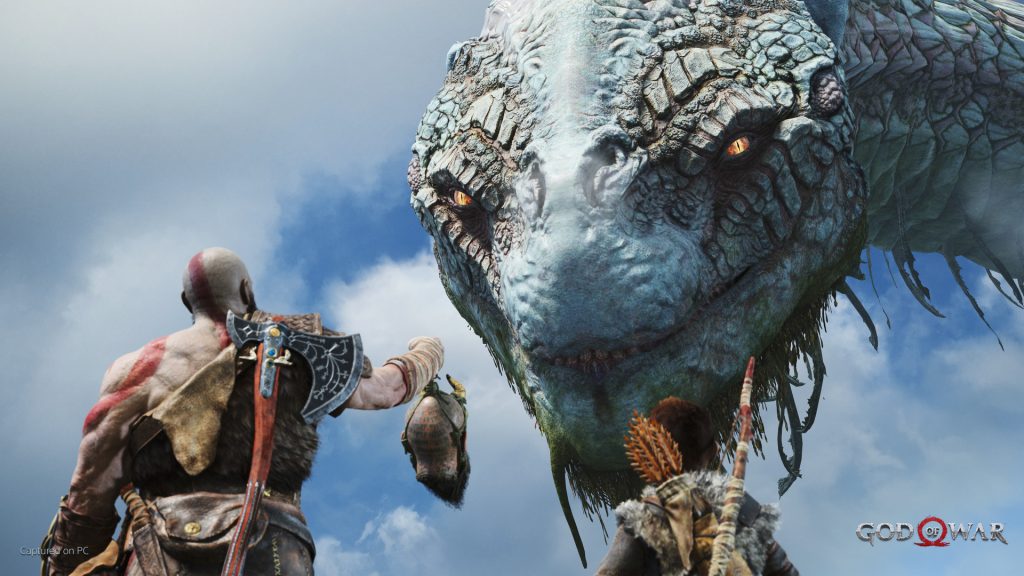
Despite the initial controversy surrounding Kratos’ transformation, God of War (2018) became a massive critical and commercial success. Fans and critics praised the game’s storytelling, world-building, and gameplay innovations, with many considering it one of the best games.
The personal, father-son narrative resonated (even more with the release of God of War Ragnarok) with players on a deep emotional level, and Kratos’ new dynamic with Atreus added layers of complexity to the series.
Many players, who had initially been skeptical of Kratos’ character shift, embraced the evolution of the story and the depth it brought to the narrative.
While there are still fans who want to see once again the relentless Kratos, who doesn’t consider anything before taking a fight or waging a war, the evolution of the story and the depth the change brought to the narrative cemented the new title’s legacy.
In the end, the shift from rage to reflection has given the series a new depth, making it one of the most compelling and emotionally resonant video game franchises of all time.
This post belongs to FandomWire and first appeared on FandomWire

